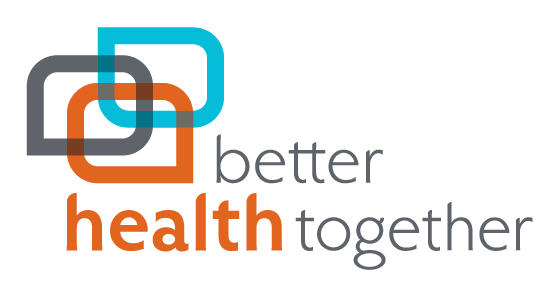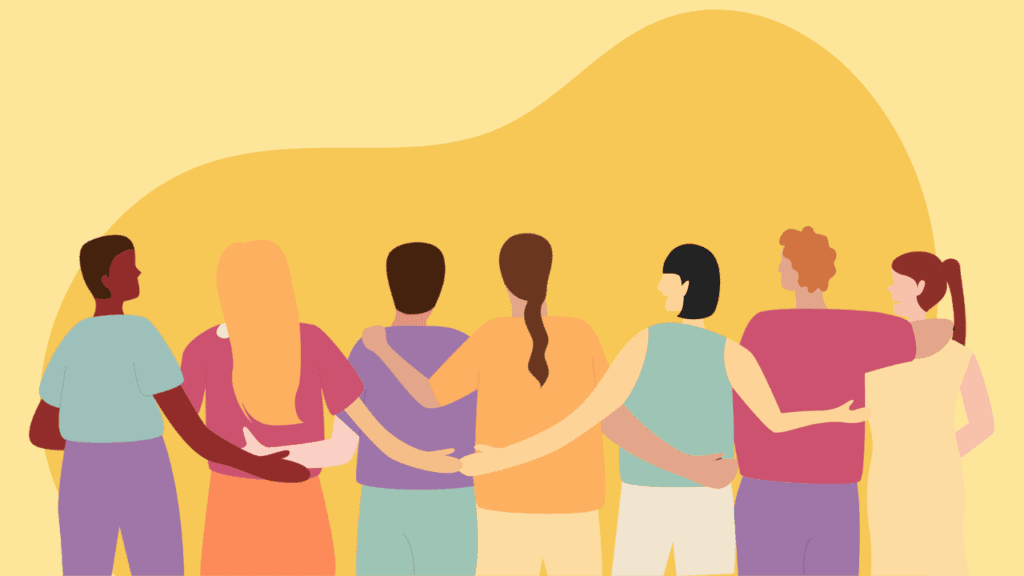from Jenny Slagle, Director of Tribal Relations [she. her. hers]
I want to extend my heartfelt appreciation to those who attended our four-week tribal relations series during Native American Heritage Month this November. We packed a lot of information in the twelve hours of training and made the best of delivering via Zoom. I’m thankful that we were able to share space, stories, and laughs. That’s how a community is built.
Throughout this pandemic, I’ve sure been missing home; the Yakama reservation. I miss spending time with my large family, longhouse services, and ceremonies. I miss looking to Mt. Adams (Pahato) for strength. I miss the powwows, celebrations, and the Columbia River.
However, this last month I was reminded that I might be disconnected in place, but I’m never that far from my community. I am thankful that an Ichishkin (Yakama Sahaptin dialect) language class was made available online, so I can relearn what I’ve always had in my heart. That’s helped feed my spirit, along with the people and the discussions I’ve had while developing this training.
Series Recap
Kicking off the series, Warren Seyler (Spokane) taught us about the history of the region. And Nicole De Von (Mescalero) provided some grounding of Native values, teaching us about the work of Intercultural Development Continuum to understand how we’re all on a learning journey.
Dr. Kim Richards’ (Mescalero) high energy and humor made it so easy to pay attention to her free-flowing knowledge during our second session. She provided an empathetic context to policies within our education and health care sectors that continue to affect Native communities. Dr. Kim’s knowledge about Native epistemology shined through with the prayer and stories she offered.
The third session introduced the Medicine Wheel and how it relates to Patient-Centered Care. Toni Lodge (Turtle Mountain Chippewa) and Lorraine Brave (Mohawk) talked about the aspects of physical, emotional, spiritual, mental wellness needed to heal our communities.
For our final session, Nicole De Von (Mescalero) brought us full circle, discussing the common themes from the “We the People” TEDx talk and the previous three sessions. We wrapped the series learning of environmental racism and the devastating reality of health issues that affect tribal reservations and families such as Twa-le Abrahamson-Swan’s (Spokane), a local advocacy champion.
Woven through this series is a call-to-action. To take steps that enable individuals and organizations to provide culturally appropriate service to American Indian/Alaska Native people in our region. And to include tribes, tribal organizations, and tribal communities’ perspectives to help inform and guide decision making because they hold the knowledge of Native communities.
BHT’s tribal relations series was developed in partnership with the amazing folks at IllumiNative . The surveys and reports that IllumiNative produces are a valuable resource to organizations. Their work was key to The Native American Alliance for Policy & Action (TNAAPA) being revived in Spokane, which is now working to reclaim the Native narrative in urban Spokane.



